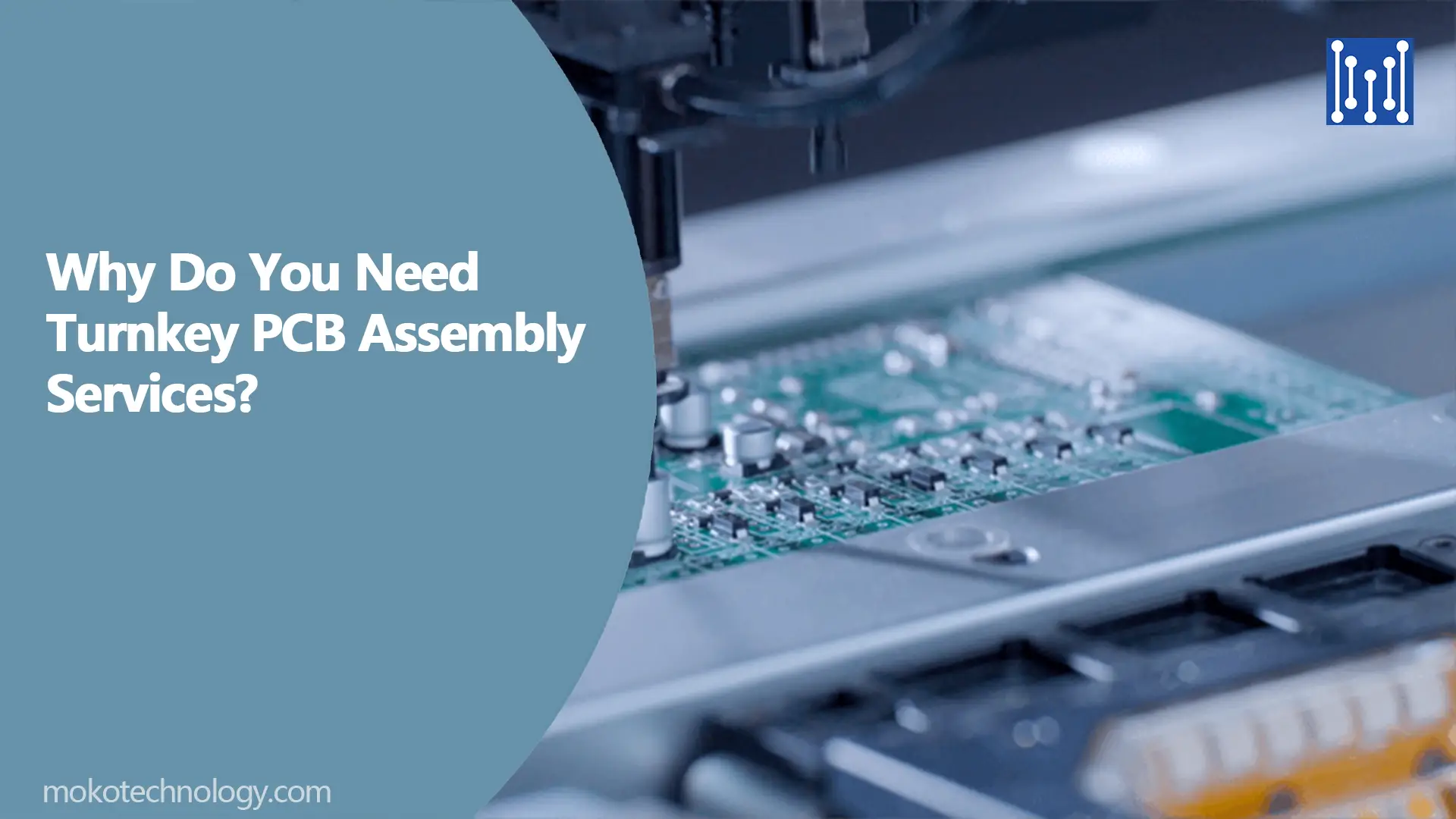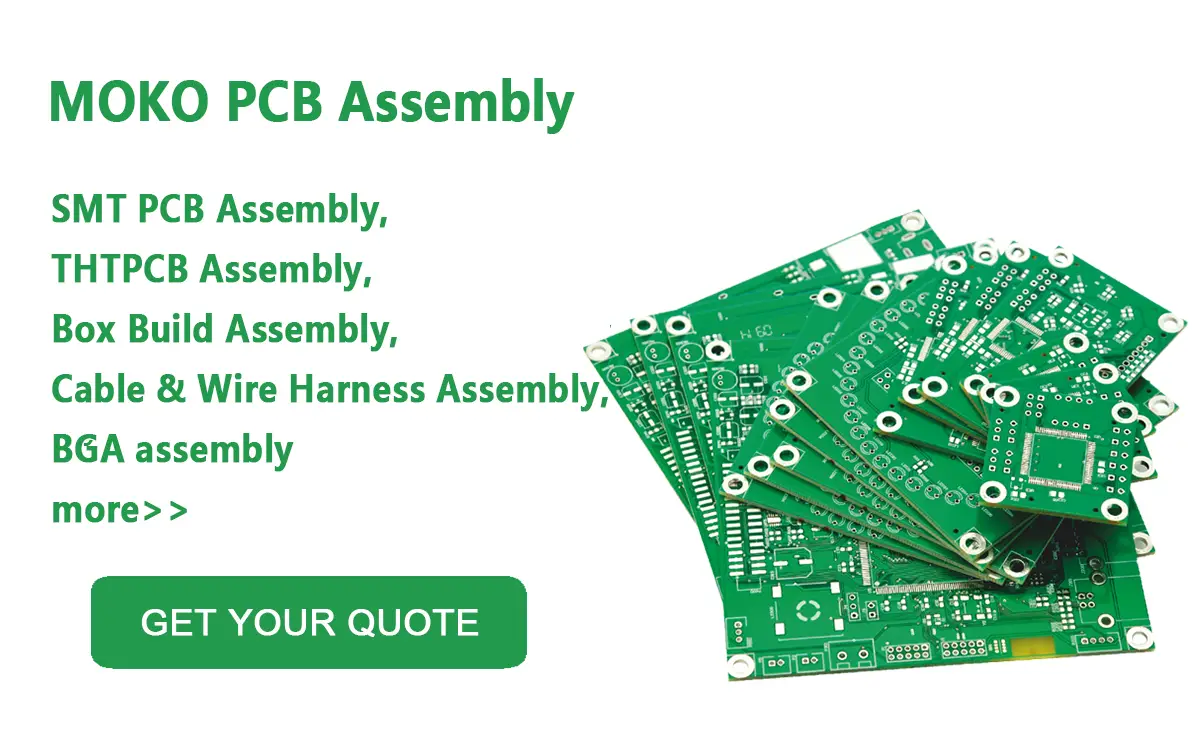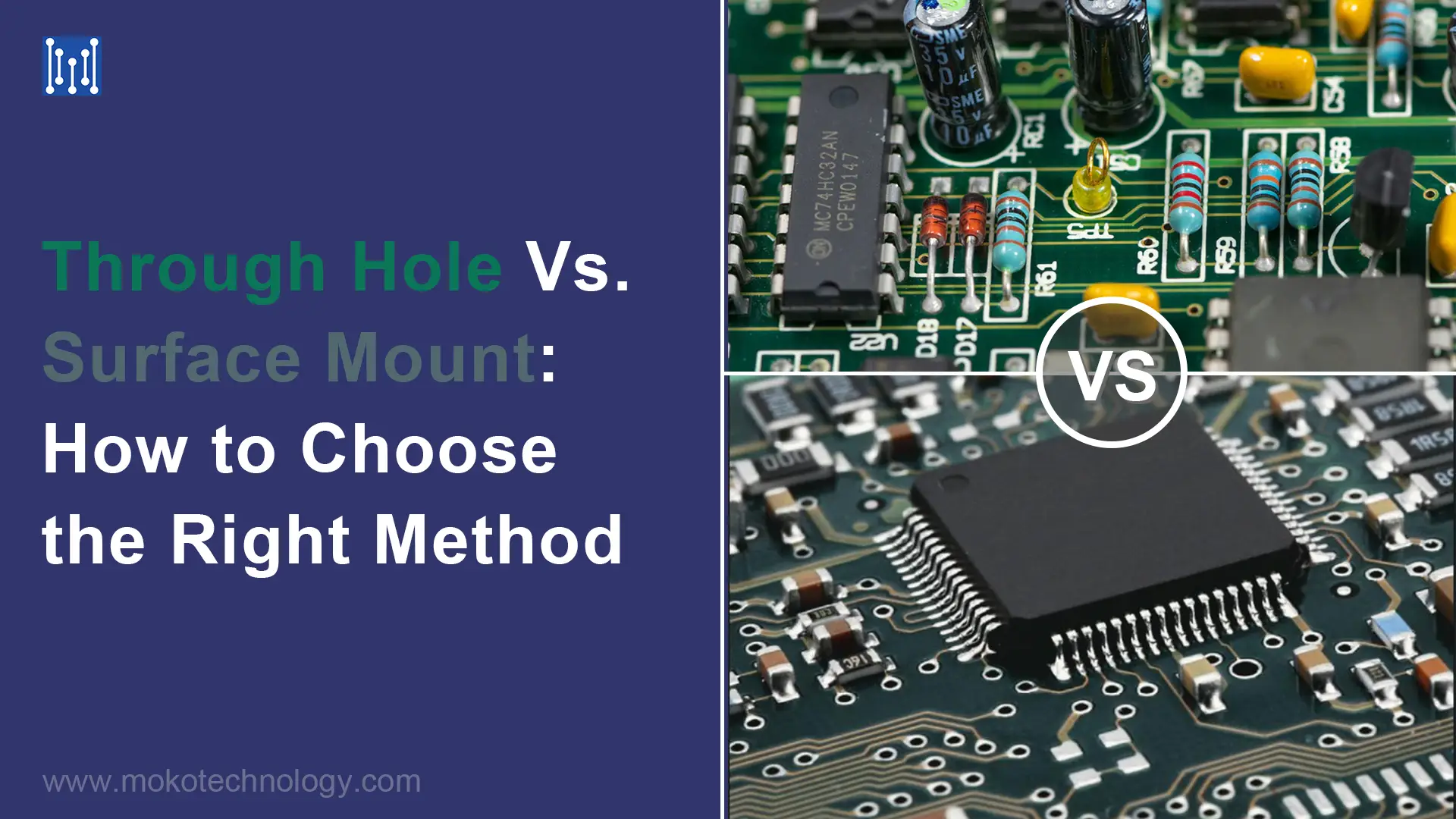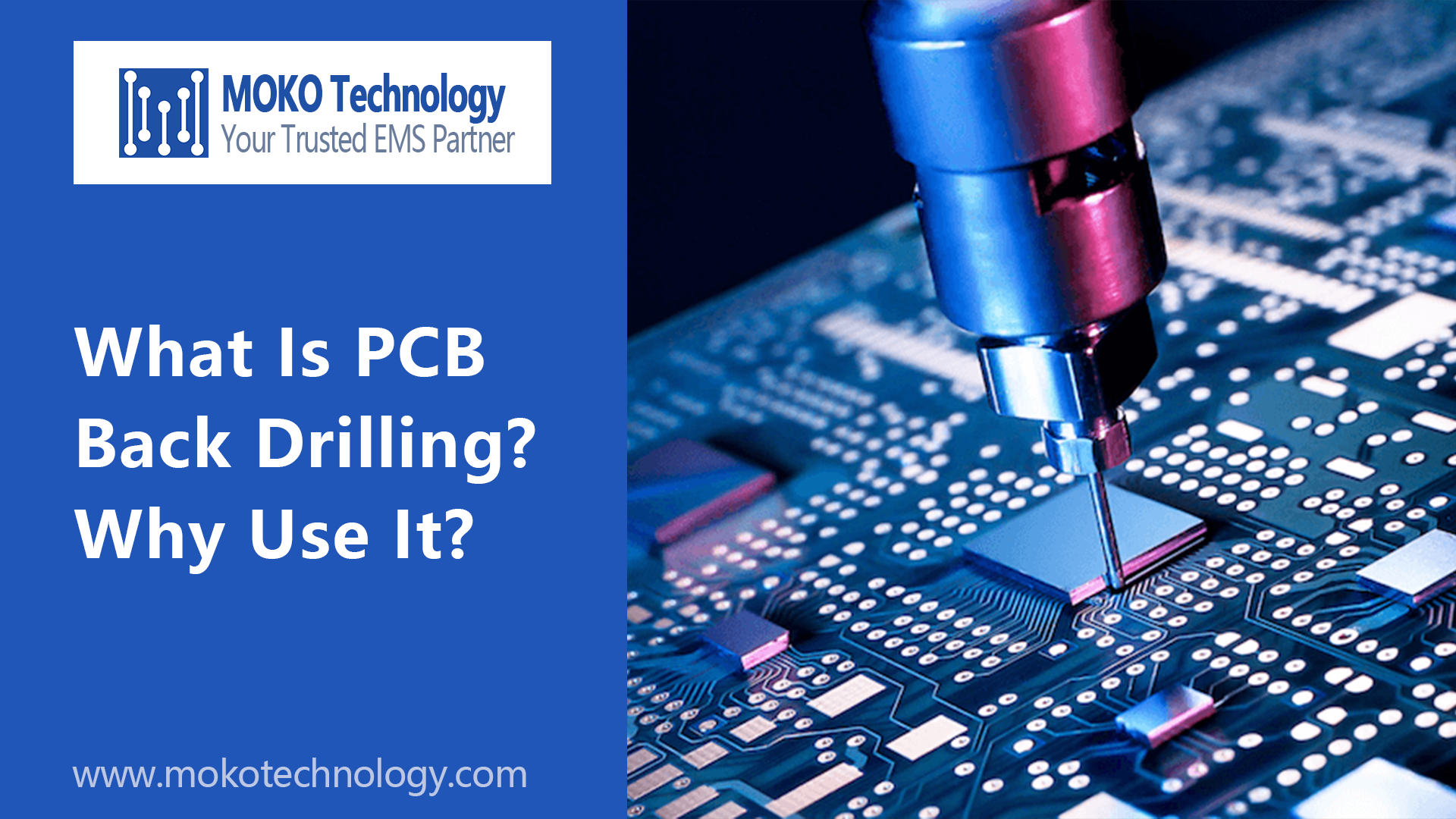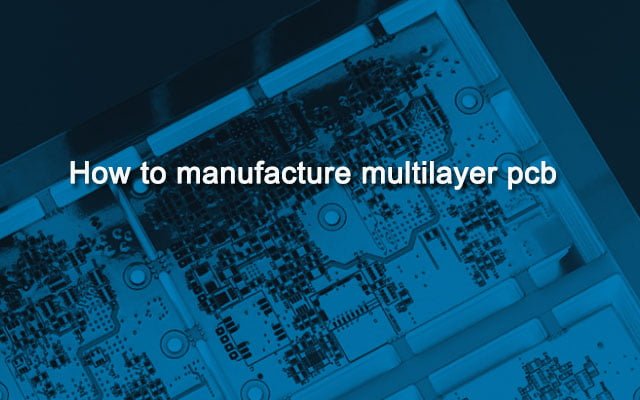What Is Turnkey PCB Assembly?
Turnkey PCB assembly refers to a service that PCB manufacturers take care of all aspects of your PCB project, including the sourcing of electronic components, printed circuit board fabrication, PCB assembly, PCBA testing, final assembly, and testing, and shipping, so they offer products that can be used immediately. When working with a turnkey PCB assembler, you can get a PCBA with a very short turnaround time as all the processes involved are done under one roof. There are many benefits of turnkey PCB assembly, in this blog, we will discuss them one by one.
Advantages of Turnkey PCB Assembly
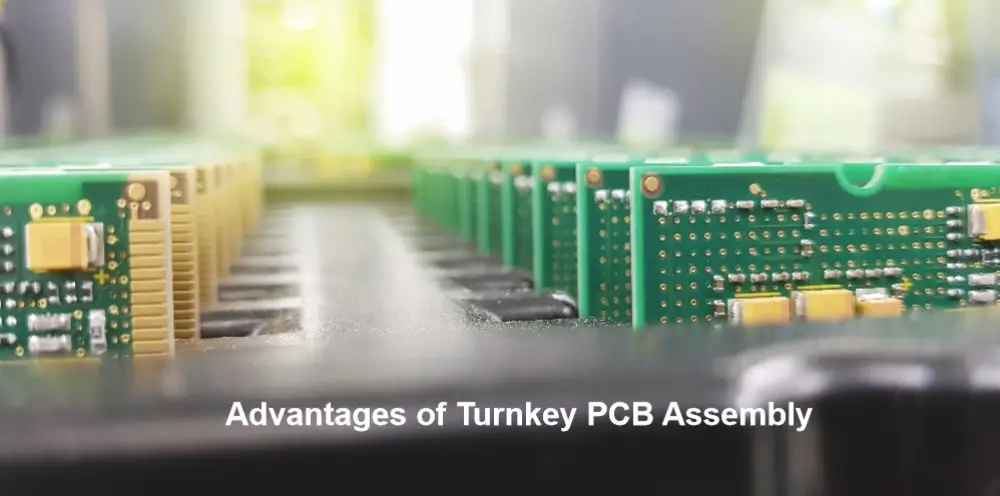
-
Lower costs
Turnkey PCB assembly helps to reduce the overall cost of your PCB projects. On the one hand, it helps to reduce component costs. Usually, PCB manufacturers have their own supply chain, they have stable and good cooperation with many suppliers, hence, they can always get components at good prices. On the other hand, the whole process is done in one place, and there is no need to transport circuit boards or electronic components from one place to another, which can effectively reduce transportation costs.
-
Good Quality
Product quality is assured by working with a professional turnkey PCB assembler whose expertise enables you to obtain high-quality products at affordable prices. For example, they have the expertise to review component quality during the procurement process to ensure they are getting the best possible component quality. But what if you did it yourself? You’re likely to get an unfair deal because you don’t know how to judge quality, especially when you’re a one-time buyer, those component suppliers may offer you an overpriced offer.
-
Shorter Lead Time
Compared to other PCB assembly services, turnkey PCB assembly services can definitely shorten the lead time because all the processes are done together by the same supplier. And for other assembly services, you have to work with different partners to complete all the steps, like electronic component suppliers, PCB manufacturers, shipping companies, etc., and these processes take a long time, especially when your suppliers come from different cities and countries. And turnkey PCB assembly service can eliminate this trouble, it helps to avoid project delays or project misunderstandings caused by inappropriate communications.
-
Easy Quality Monitoring
Turnkey PCB assembly also facilitates easy monitoring of product quality. Following the decomposed steps, you will need different experts to monitor each stage. The turnkey assembly suppliers are very professional in all aspects involved and carry out strict quality control on each link to ensure that each stage is flawless. All you need to do is to check the quality of the final product instead of checking the quality of each step.
-
Earlier Problem Detection
When you choose turnkey PCB assembly, you can effectively avoid the huge loss caused by finding problems too late. And if PCB boards or components are ordered individually, problems can only be discovered during the assembly process, when it is too late. Turnkey PCB assemblers, on the other hand, will inspect each link and solve problems in a timely manner. For example, if problems are found during the prototyping process of circuit boards, they can be solved before mass production, thereby reducing losses.
The Turnkey PCB Assembly Process
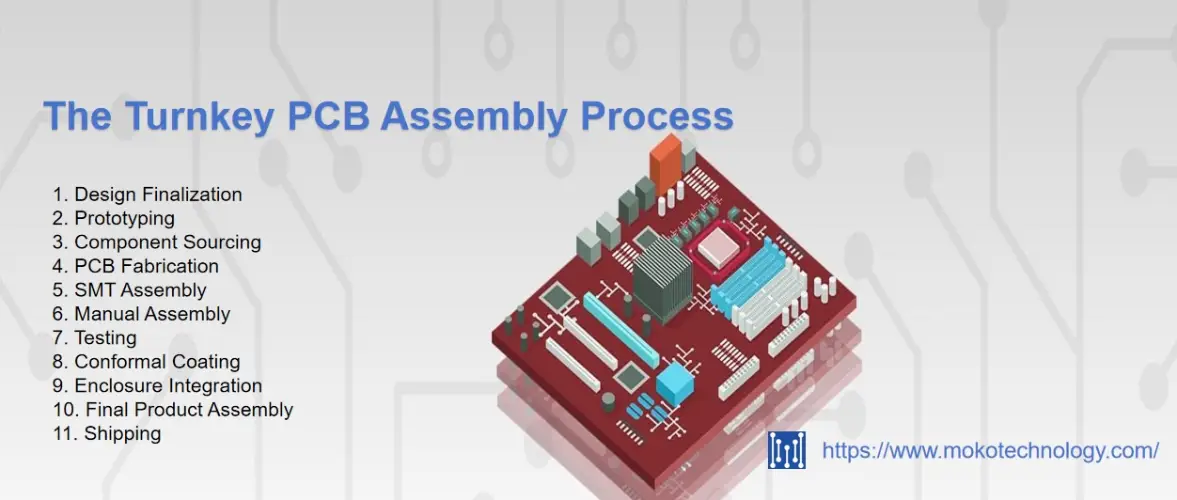
One of the benefits of turnkey PCB assembly is having full visibility and oversight of the entire production process. Here are the typical stages in the turnkey assembly workflow:
- Design Finalization – The PCB partner will review your board design files, recommend any DFM tweaks, and finalize the design.
- Prototyping – Low volume prototypes are built to verify the design before full production. This confirms fit, form and function.
- Component Sourcing – The assembler sources all required components specified in the bill of materials (BOM)from approved vendors.
- PCB Fabrication – Using the final design files, the PCB fabrication shop produces the bare boards.
- SMT Assembly –Surface mount components are accurately placed on boards using SMT pick-and-place machines.
- Manual Assembly – Through-hole and odd form components are hand soldered.
- Testing – Bare boards, SMT assembly, and final boards undergo electrical and functional testing.
- Conformal Coating – A protective coating may be applied to shield against environmental factors.
- Enclosure Integration – The assembled PCB is integrated into the end product enclosure or casing.
- Final Product Assembly – Additional mechanical, electrical and aesthetic components are added to complete the product.
- Shipping – The finished product is then shipped to the customer.
How to Choose the Right Turnkey PCB Assembly Partner
Here are the most important factors to evaluate in your search:
- Technical Expertise
Look for demonstrated expertise across the entire PCB assembly process:
Sourcing – Do they have established networks with major component vendors? Can they source long lead time or obsolete parts?
PCB Fabrication – Confirm capabilities for flexible, rigid-flex, and HDI boards along with a range of substrate materials.
Assembly – Look for experience with SMT assembly using the latest pick-and-place machines. Also manual assembly and through-hole soldering skills.
Testing – Do they offer comprehensive testing such as flying probe, boundary scan, x-ray, AOI, and functional testing?
Compliance – Can they meet regulatory standards like UL, CE, FCC, IPC, ISO, RoHS, etc?
- Quality Certifications
ISO 9001 – The international quality management standard. Confirms robust procedures.
IPC Standards – For fabrication, assembly, testing, training, and more. Indicates best practices.
UL Certification – Assures end product safety and compliance for the end market.
- Design Support
To maximize manufacturing success, look for turnkey assemblers that provide:
DFM Analysis – Design for manufacturability feedback to catch issues early.
Library Support – Access to qualified components in their CAD libraries.
Engineer Support – On-site engineering assistance and quick feedback.
- Scalability
Seek partners equipped to scale with production needs from prototypes to mid-volume manufacturing. Ask:
Low volume capabilities – Do they support small test run batches?
Mid-volume capacity – Can they accommodate thousands of boards per month?
High-mix – Are they set up for frequent product changeovers?
Turnkey PCB Assembly Service at MOKO
MOKO is a leading turnkey PCB assembly solutions provider equipped to handle your project from prototype through production. Our decades of experience, engineering expertise, and ISO-certified quality process enable us to deliver high-quality PCBAs at competitive costs with accelerated turnaround times. Contact us today to discuss your project – we can help you realize the many benefits of turnkey PCB assembly and get to market faster.
